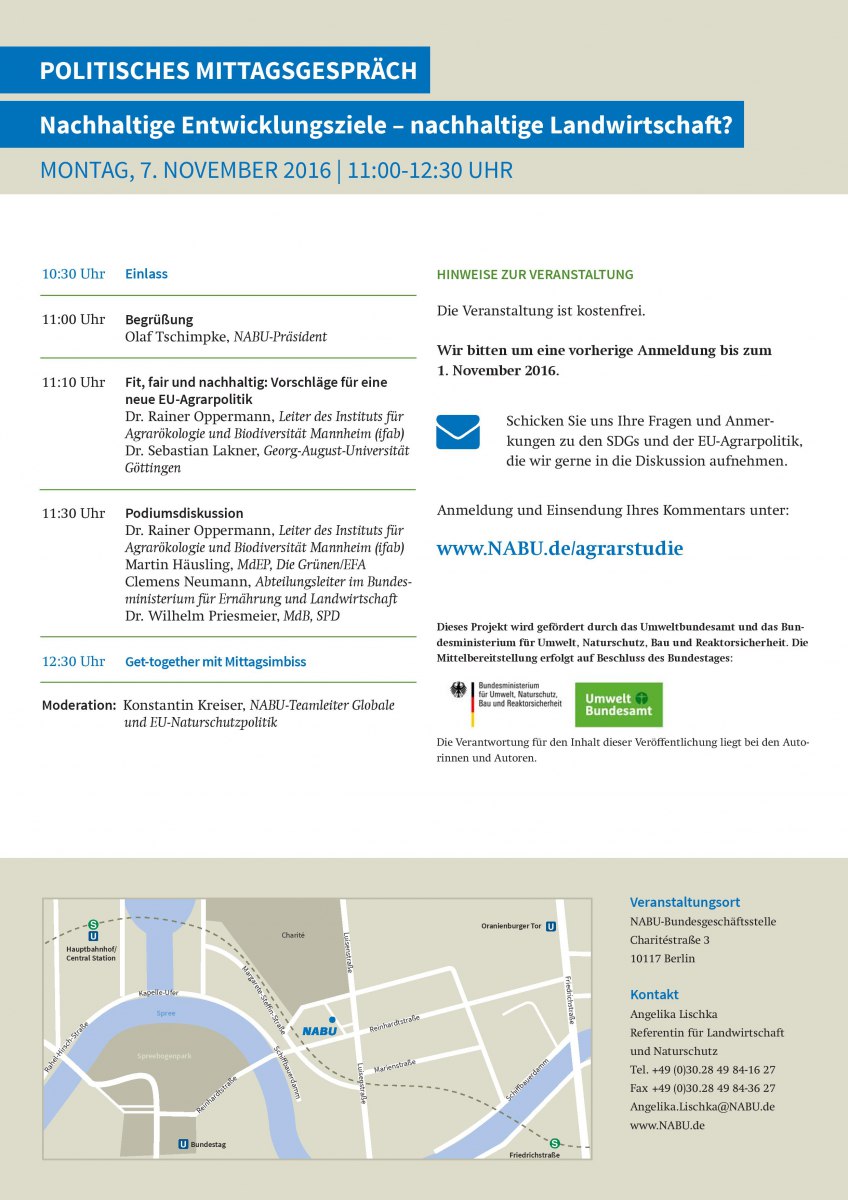Mittwoch/Donnerstag, 16./17. Mai 2018

HBS: AfriqUPrising! Protest- und Demokratiebewegungen in Afrika
Date
Address
Links
Event Type
Organiser type
Section
Event Location
Event Description
Mit:
Linda Masarira, Aktivistin, #21DaysofActivism, Simbabwe
Cheikh Oumar Cyrille Touré, alias Thiat, Aktivist, Y'en a marre, Senegal
Zacharia Mampilly, Professor der Politikwissenschaft, Vassar College, USA
Moderation: Dr. Dirke Köpp, Leiterin Redaktion Französisch für Afrika, Deutsche Welle, Bonn
In ganz Afrika entstehen neue Protest- und Demokratiebewegungen. Denn trotz des wirtschaftlichen Aufschwungs vieler afrikanischer Länder hat sich die Lebenssituation der meisten Afrikaner/innen kaum verbessert. Stattdessen werden demokratische Grundsätze kontinentweit eingeschränkt. Zu Tausenden gehen deswegen Menschen auf die Straßen Simbabwes, Südafrikas, der D.R. Kongo, Äthiopiens, Senegals, Nigerias, Burundis und anderer Länder, demonstrieren, twittern und bloggen für mehr Demokratie und Selbstbestimmung. So unterschiedlich die Ursachen für die Proteste auch sind, sie sind Ausdruck einer wachsenden Frustration über gebrochene Versprechen, die Bereicherung politischer Eliten und die Unterwanderung demokratischer Institutionen.
Von den Protesten ist in Deutschland zumeist erst dann zu hören oder zu lesen, wenn Sicherheitskräfte demokratische Akteure massiv unterdrücken oder Menschen erschießen - über die Hintergründe, Auslöser und Ziele der Proteste ist wenig zu erfahren.
Deshalb bieten die Heinrich-Böll-Stiftung und die Deutsche Welle mit dieser Veranstaltung eine außergewöhnliche Möglichkeit, sich aus erster Hand über die aktuellen Entwicklungen und Hintergründe in zahlreichen Ländern Afrikas zu informieren. Aktivist/innen aus Senegal und Simbabwe analysieren im Gespräch mit internationalen Expert/innen u.a. folgende Fragen:
Wer sind die Menschen, die sich lautstark zu Wort melden und sich auch von staatlicher Gewalt nicht abschrecken lassen? Welche Motivation treibt sie an, welche Visionen einer besseren Zukunft in ihren Ländern und auf dem Kontinent verfolgen sie? Wie machen sie sich Luft und welche Kanäle haben sie dafür (Stichwort soziale Medien)? Beobachten wir eine neue Demokratie „von der Straße“ - und wenn ja, was bedeutet das für Demokratieförderung?
Im Anschluss besteht die Möglichkeit, mit den Panelist/innen und weiteren Aktivist/innen aus dem Tschad, Äthiopien, Burundi und der DR Kongo ins Gespräch zu kommen.
Eine Kooperation von Heinrich-Böll-Stiftung und Deutsche Welle
Sprache: Englisch/Deutsch mit Simultanübersetzung
Die Teilnahme ist kostenfrei, eine Anmeldung ist nicht notwendig.
Information:
Maria Kind, Afrika-Referat, Heinrich-Böll-Stiftung,
E-Mail, kind@boell.de Telefon +49(0)285 34 -344
AfriqUPrising!
Protest movements in Africa
Wednesday, 26 April 2017, 19.00h
Heinrich-Boell-Foundation, Schumannstraße 8, 10117 Berlin
With:
Linda Masarira (activist, #21DaysofActivism, Zimbabwe)
Cheikh Oumar Cyrille Touré (alias Thiat) (activist, Y'en a marre, Senegal)
Zacharia Mampilly (Professor of Political Sciences, Vassar College, USA)
Moderation: Dr. Dirke Köpp (head of Deutsche Welle's French for Africa service, Bonn)
All over Africa, protest movements are emerging. The reason for this is that, despite the economic growth in many African countries, the living conditions of most Africans are not improving. At the same time, democratic principles are being hollowed out across the continent. As a result, thousands of people are taking to the streets of Zimbabwe, South Africa, the Democratic Republic of Congo, Ethiopia, Senegal, Nigeria, Burundi and other countries; they demonstrate, tweet and blog for more democracy, self-determination and against authoritarian governments. Despite significant differences with regard to the background and nature of these protests, they are an expression of a growing legitimacy crisis of African governments and represent frustration with failed promises, the enrichment of political elites and the undermining of democratic institutions.
In Germany, we only hear about such protests when security institutions brutally suppress democratic actors, when demonstrators are shot or tortured – we rarely get to know the background, motivations and aims of the protests.The Heinrich-Boell-Foundation together with the Deutsche Welle, now offers a rare opportunity to gain first-hand insights into current developments and the backgrounds of protest movements in different African countries. Activists from Senegal and Zimbabwe, together with international experts, will analyse the following aspects:
Who are the people who take to the streets and do not back down in the face of state violence? What are their motives and their visions for a better future in their countries and the continent as a whole? What are their means of expression? Are we witnessing a new “democracy from the streets”? And if so, what does this mean for external democracy support?
After the discussion, you will have the possibility to discuss further with the panellists as well as with other activists from Chad, Ethiopia, Burundi and the Democratic Republic of Congo.
A cooperation of Heinrich-Böll-Stiftung and Deutsche Welle
Language: English/German with simultaneous translation
Free entry, no registration required
Information:
Maria Kind, Africa Desk, Heinrich-Böll-Stiftung,
E-Mail, kind@boell.de Tel +49(0)285 34 -344
Related Events
Eine Diskussion mit Berliner und nordafrikanischen Experten
Dr. Carlos Lopes (Professor an der Graduate School of Development Policy and Practice, University of Cape Town; ehem. Geschäftsführer der Wirtschaftskommission für Afrika (UNECA))
Dr. Carlos Lopes (Professor an der Graduate School of Development Policy and Practice, University of Cape Town; ehem. Geschäftsführer der Wirtschaftskommission für Afrika (UNECA))
Globaler Konsens zu Infrastrukturinvestitionen: Wer zahlt? Wer profitiert? Wem gehörts?
Eine starke, lebendige und vielfältige Zivilgesellschaft gehört zu einer funktionierenden Demokratie – sie ist die Luft, die eine Demokratie zum Atmen braucht.
Unter dem Motto „Unsere Welt, unsere Würde, unsere Zukunft“ wird das Jahr 2015 das „Europäische Jahr der Entwicklung“. Auch für Deutschland wird 2015 ein bedeutendes Jahr.
Die Deutschland-Redaktion des europapolitischen Portals EurActiv veranstaltet in Kooperation mit der Bill & Melinda Gates Stiftung einen Workshop zum Thema:






















